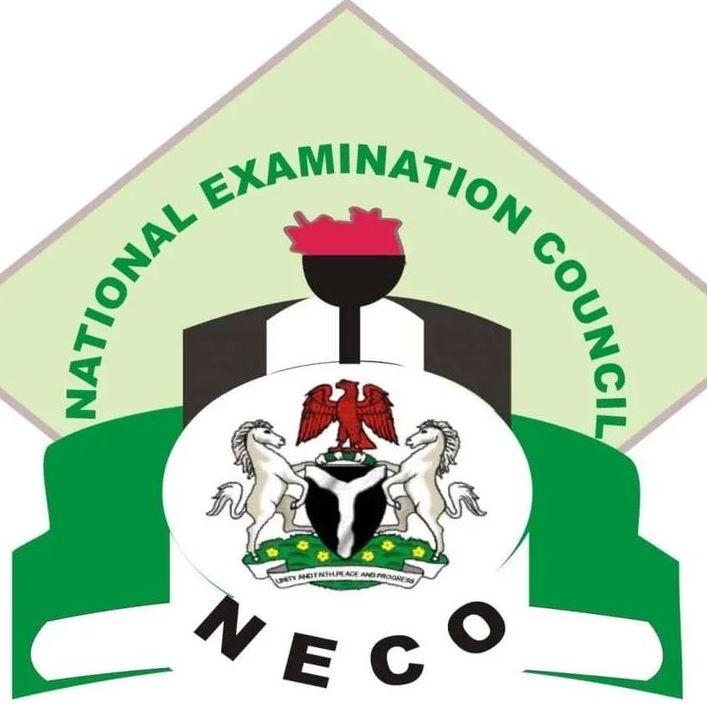
What level of education is NECO?
What level of education is NECO?
Understanding the role and significance of the National Examinations Council (NECO) is crucial for students navigating the intricate landscape of education in Nigeria. In this article, we’ll delve into the essence of NECO, its position in the education system, and the specific educational level it represents.
What is NECO?
NECO, or the National Examinations Council, is an examination body in Nigeria responsible for conducting standardized tests at the secondary school level. Established in 1973, NECO plays a pivotal role in assessing students’ academic achievements and ensuring a fair and reliable evaluation process.
NECO in the Educational System
In the Nigerian education system, NECO stands alongside other prominent examination bodies, such as WAEC (West African Examinations Council). While these entities share similar goals, each serves a unique purpose in evaluating students’ knowledge and skills.
VIEW ALSO : Is Neco and BECE the same?
Educational Level of NECO
NECO primarily caters to the secondary education level, assessing students who have completed their junior and senior secondary school studies. The examination covers a wide array of subjects, providing a comprehensive evaluation of students’ academic prowess.
Key Features of NECO
What sets NECO apart are its unique features, including its focus on assessing practical skills in addition to theoretical knowledge. The inclusion of practical exams ensures a holistic evaluation, preparing students for real-world applications of their education.
NECO and Secondary Education
For students in secondary education, NECO is a critical milestone. The results obtained in NECO exams often determine admission into higher institutions, shaping the trajectory of students’ academic pursuits.
Preparing for NECO
Effective preparation for NECO involves a strategic approach, incorporating dedicated study schedules, practice tests, and a thorough understanding of the examination format. Success in NECO opens doors to various educational opportunities.
NECO and Career Aspirations
Beyond academics, NECO results can significantly influence career choices. Many professions and higher education institutions consider NECO scores during their selection processes, making it a vital component in shaping individuals’ future career paths.
Challenges and Criticisms of NECO
While NECO plays a crucial role, it is not without challenges. Criticisms regarding exam logistics, credibility, and the impact on students’ mental health have been raised. Addressing these concerns is essential for continuous improvement.
The Evolution of NECO
Since its establishment, NECO has undergone significant changes to adapt to the evolving educational landscape. Technological advancements and pedagogical shifts have influenced NECO’s approach, ensuring its relevance in contemporary education.
The Future of NECO
Looking ahead, NECO is likely to witness further adaptations to meet the demands of modern education. Technological integration, updated syllabi, and a continuous commitment to fair evaluation will shape NECO’s role in the future.
Conclusion
In conclusion, NECO holds a crucial place in Nigeria’s education system, specifically at the secondary education level. Understanding its role, features, and impact on students’ academic and career paths is essential for anyone navigating the educational journey.
Frequently Asked Questions (FAQs)
- What does NECO stand for?
- NECO stands for the National Examinations Council.
- At what level does NECO operate?
- NECO primarily operates at the secondary education level.
- How does NECO differ from other examinations like WAEC?
- While similar, NECO has unique features, including a focus on practical skills assessment.
- What subjects does NECO cover?
- NECO covers a wide array of subjects, both theoretical and practical.
- How does NECO impact career choices?
- NECO results often play a role in influencing career choices and admission into higher education.
- Are there any challenges associated with NECO?
- Yes, challenges such as logistical issues and criticisms regarding credibility exist.
- How can students prepare effectively for NECO?
- Effective preparation involves dedicated study, practice tests, and understanding the exam format.
- Can NECO results determine admission into higher institutions?
- Yes, many institutions consider NECO scores during their selection processes.
- What is the history of NECO’s development?
- NECO was established in 1973, and it has evolved to adapt to changes in education.
- How has NECO adapted to technological advancements?
- NECO has incorporated technological advancements to stay relevant in education.
- What role does NECO play in shaping students’ academic paths?
- NECO plays a crucial role in determining academic trajectories for students.
- Is NECO mandatory for secondary school students?
- While not mandatory, NECO is highly recommended for students seeking higher education opportunities.
- Are there any future changes expected for NECO?
- The future of NECO may involve further adaptations to meet modern education demands.
- How can NECO address criticisms and challenges?
- Addressing logistical issues and ensuring credibility are essential steps for NECO.
- Can NECO results be used internationally?
- NECO results are primarily recognized within Nigeria, but some international institutions may consider them.